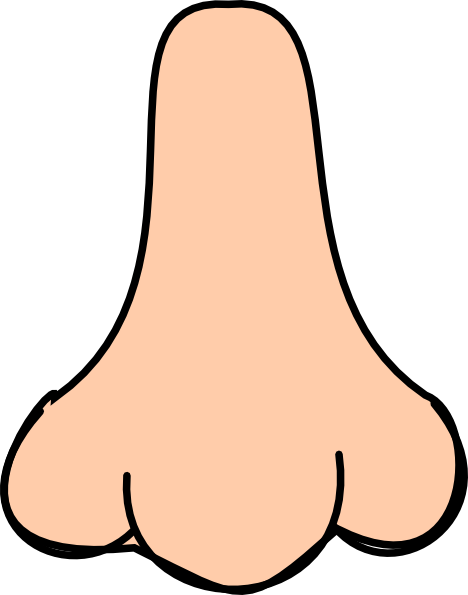While reading The Nose, I was surprised at how many connections I was making to Metamorphosis. I kept remembering the reactions of both Gregor and his family when they discovered he turned into a giant bug and how nonchalant they were about it. Although they were horrified, they weren’t too confused as to how this could even be possible. Likewise, when Kovaloff wakes up one morning without a nose, his biggest concern is how he’ll be able to find a woman to marry with his deformed face, just like Gregor’s concern was how to get to work with his transformed body.
Another work that The Nose reminded me of is a novel I read last year, Notes From Underground by Fyodor Dostoyevsky. It is also set in Russia and has largely to do with the theme of class. The Underground man is an inactive member of society and is often forgotten about, choosing to live his life alone without any companions. He truly believes he is invisible because of his class. So I thought it was interesting that two stories with the same theme and setting were also written from such different perspectives.
The setting played a huge part in the short story and personally brought back childhood memories of visiting my grandparents in Ukraine. I remember the markets and the “babushkas” and the cobblestone streets that are typical of Europe. When I picture Kovaloff running around the city I picture his surroundings to be much like what I envision when I think back on my time in Ukraine, with busy streets and beautiful, grand churches that take up entire streets. These images are the ones that came to me and stayed throughout the entire read.
























